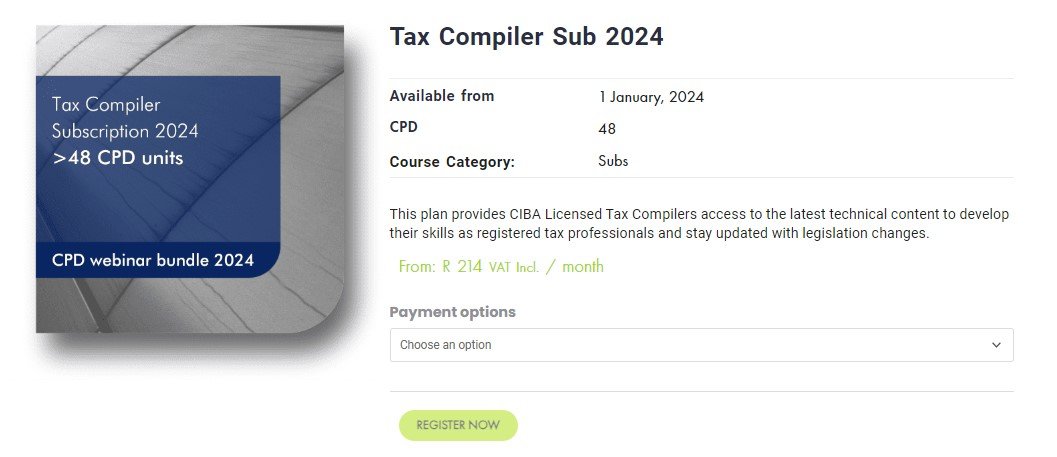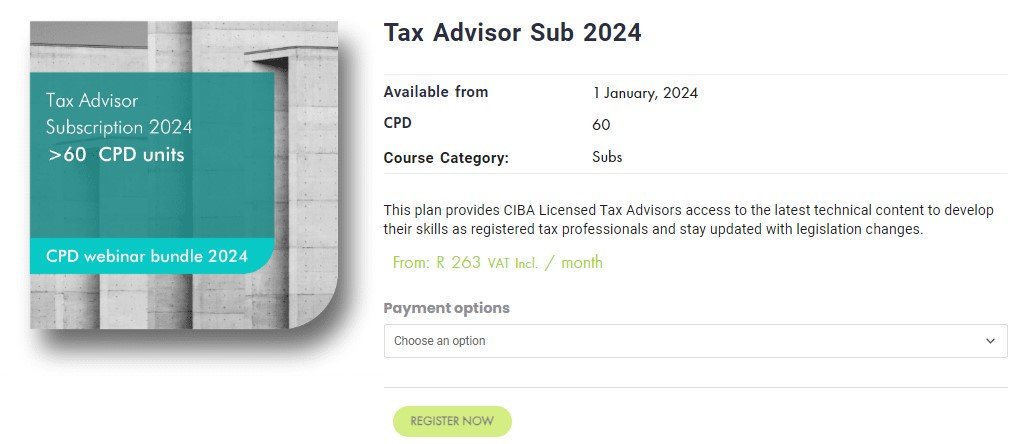Simplifying the Tax Maze: Implications of Interest-Free Loans to Shareholder-Directors
When a company decides to provide a loan to its sole shareholder, who is also a director it navigates into complex tax waters. This scenario raises crucial questions about how such loans are viewed under tax law, especially when these are interest-free or low-interest loans. The primary concerns revolve around the potential for such loans to be considered as taxable fringe benefits or deemed dividends according to the South African Income Tax Act (ITA).
The Legal Framework
The ITA provides clear definitions and provisions that help in determining the tax implications of loans to shareholders:
Definition of Dividend: As per section 1 of the ITA, a dividend includes any amount transferred or applied by a company for the benefit of a person in respect of any share in that company.
Deemed Dividend Provisions: Section 64E(4) elaborates on scenarios where a loan to a shareholder can be considered a dividend. This includes loans to persons connected to the company, under conditions where the loan is interest-free or provided at an interest rate below the SARS official rate. These conditions trigger a situation where the company is deemed to have paid a dividend, hence attracting dividend tax liability.
Taxable Fringe Benefits: The Seventh Schedule of the ITA outlines the circumstances under which a benefit, including an interest-free loan, could be considered a taxable fringe benefit. If the loan is provided as part of the employment relationship, including to a director in their capacity as an employee, it could be taxed as a fringe benefit.
Taxable Fringe Benefit or Deemed Dividend?
The critical aspect to consider is whether the loan is granted by virtue of the individual being a shareholder or in their capacity as an employee/director. If the loan is tied to the shareholding, it may result in a deemed dividend. Conversely, if the loan is linked to the employment or directorial role, it could be classified as a taxable fringe benefit.
However, a loan cannot simultaneously result in both a deemed dividend and a taxable fringe benefit. The distinction lies in the purpose and conditions under which the loan is granted:
As a Shareholder: If the loan is provided due to the individual's status as a shareholder, without any expectation of repayment, the entire amount of the loan (not just the interest differential) could be seen as a deemed dividend at the time the loan is made.
As an Employee/Director: When the loan is granted based on the individual's role within the company, it could constitute a taxable fringe benefit, especially if it is interest-free or at a rate below the official rate of interest.
Structuring the Loan Agreement
It's advised to structure the loan agreement in a manner that specifies whether the loan is made due to the recipient's status as a shareholder or as an employee/director. This clarity helps in aligning the tax treatment with the specific conditions of the loan, ensuring compliance with the relevant sections of the ITA.
Tips for Companies and Shareholders
If you're thinking about giving a loan to a shareholder-director, keep these tips in mind:
Be clear in the loan agreement about the loan's purpose, differentiating between shareholder benefits and employment.
Work with tax experts to make sure the loan agreement meets tax laws, avoiding unnecessary taxes. By clearly defining the nature of the loan and adhering to the provisions of the ITA, companies can navigate the tax implications of loans to shareholder-directors more effectively.
Get ready for potential questions from SARS by documenting everything about the loan's purpose.
Subscribe with CIBA for your tax license
If you are a CIBA tax practitioner enroll to CIBA’s Tax Compiler or Tax Advisor Subscriptions and gain access to monthly webinars covering various topics enabling you to:
Be aware of the latest legislative changes and what it means for your business, practice, and your clients;
Prepare compliant taxation returns fast;
Issue reliable taxation calculations on financial statements;
Understand the laws and regulations that govern taxation; and
Perform applicable tax compiler or advisor services.


